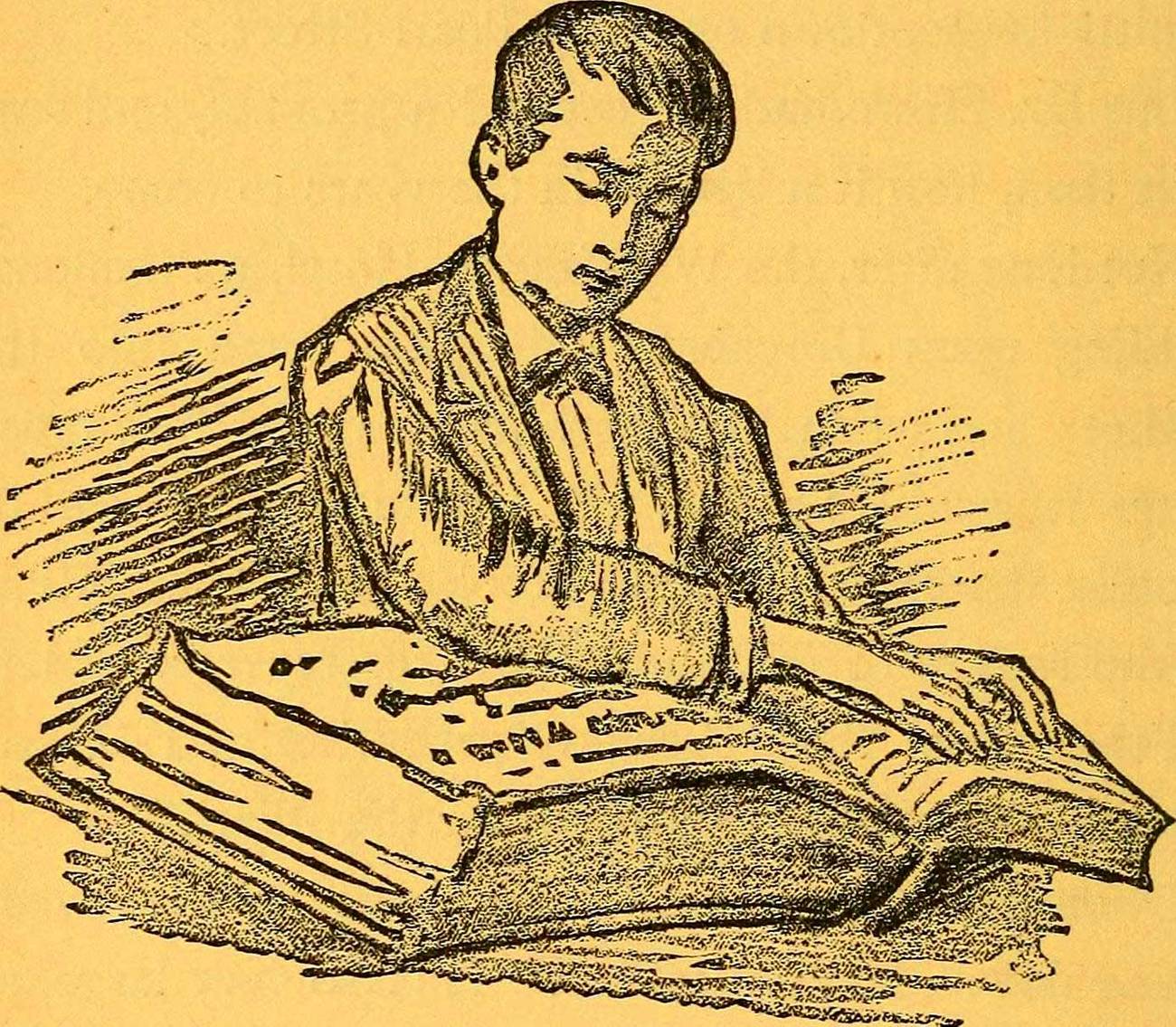Spending the Seder Alone
This night was different from all other nights because I was finally asking different questions




This Passover will be different from all other Passovers. Many families will be apart. Some, particularly the elderly, will be celebrating alone. I will not be with my parents or my brothers or sisters. Spending Seder by yourself is especially painful. The entire Passover story is framed around the family. Individuals were not redeemed in the Passover story—families were. So, celebrating alone is especially painful. And I know. Because several years ago, I spent my Passover Seder by myself.
Nine years ago, when I was 26, I celebrated my Seder alone in my parents’ kitchen. My parents decided to travel to Israel to spend Seder with my sisters. I didn’t want to join them. I felt too old to spend a week sharing a bedroom with my nieces and nephews. My mother begged me to find another family to spend the Seder with. But if I wasn’t with them, I was adamant that I did not want to be an appendage in someone else’s family. It was probably most painful for my mother. I didn’t have a family of my own and the thought of me alone in our kitchen broke her heart. I’m nearly certain that she did not even tell my father about my plans. I was more forlorn than anxious. Everyone else was preparing for the festival of freedom; I prepared for an exilic hell.
Aloneness during the Seder is felt most acutely during Ma Nishtana, the part of the Seder when young children usually ask, “Why is tonight different than all other nights?” The possibility of a Passover alone was not lost on the Talmudic sages. If there is no one else at your Seder, the Talmud explains, you should ask these questions to yourself. Why is this night different from all other nights, I asked alone in the kitchen. All other Passovers I ate with family; this year I am eating alone.
“There are days when solitude is heady wine that intoxicates you,” wrote Colette in her autobiography, “others when it is a bitter tonic, and still others when it is a poison that makes you beat your head against the wall.” Being alone can have varying effects on the psyche. Research has distinguished between solitude and loneliness: The former can be liberating, the latter is suffocating. Would I have a lonely Seder or a Seder in solitude?
As I sat in the kitchen, the acute sense of isolation began to descend. The Four Questions of Passover, which focus on freedom, became increasingly pessimistic. Is this how my Seder is always going to feel? Will I ever have children to say ask the questions of the Seder to me? Will this night always feel so different? Isolation is scary because when you’re alone, your only companion is your thoughts. The reality of our mind, the volume of our stream of consciousness, the quiet of the room all become heightened when we’re by ourselves. But in the stillness of my Seder, I also began to find comfort.
In their 2003 article, “Solitude: An Exploration of Benefits of Being Alone,” Christopher R. Long and James R. Averill outline the potential opportunities of being by yourself. One characteristic that aloneness cultivates is particularly relevant for Passover: freedom. Based on the 1994 book Solitude: A Philosophical Encounter by Philip Koch, they write:
The mere presence of other people, he notes, obliges us to coordinate our experience with theirs, thereby diminishing the scope of our actions. As one’s experience of viewing a painting in a museum changes when another person walks up, our subjective experience is influenced by the slightest interaction with another person. We become conscious not only of the object we are viewing, but also of ourselves as viewers. Solitude can minimize such intrusive self-consciousness by reducing the immediate demands of experiencing ourselves as the object of another person’s thoughts and actions.
Anthony Storr, in his 1988 classic Solitude: A Return to Self, argues that the freedom of solitude is a catalyst for creativity. When we are alone, we have the capacity to discover our individuality. Without other distractions, without social media, without the opinions of the masses, it becomes easier to articulate our own voice. “The human spirit is not indestructible,” writes Storr, “but a courageous few discover that, when in hell, they are granted a glimpse of heaven.”
Single and alone is never how I envisioned my Seder. But it did confirm Long and Averill’s point that “one’s freedom to search for one’s spiritual essence is augmented by solitude.” Before I was married, I would make sure to project a sense of confidence and assuredness that internally I really didn’t have. I was nervous, I was confused, I was lost, but I never allowed myself to show it. I may have even convinced myself. Alone, drinking four glasses of that “heady wine,” I could finally be honest. I could finally be vulnerable. Questions I took great care in avoiding the rest of the year—my career aspirations, my desire for a family—could finally be articulated. This night was different because I was finally asking different questions.
An hour into my Seder my solitude grew more comfortable and natural. For moments I even forgot I was alone. And God took us out of Egypt, not through an angel and not through a seraph and not through a messenger, but the Holy One himself. God had redeemed alone—my lonely redemption felt more natural. My Seder was almost over. Who knows one? I looked around, I knew one. Chad Gadya, one kid goat. I smiled. My Seder ended singing about a lone goat, finally redeemed.
Dovid Bashevkin is the Director of Education at NCSY and author of Sin·a·gogue: Sin and Failure in Jewish Thought. He is the founder of 18Forty, a media site exploring big Jewish questions. His Twitter feed is @DBashIdeas.